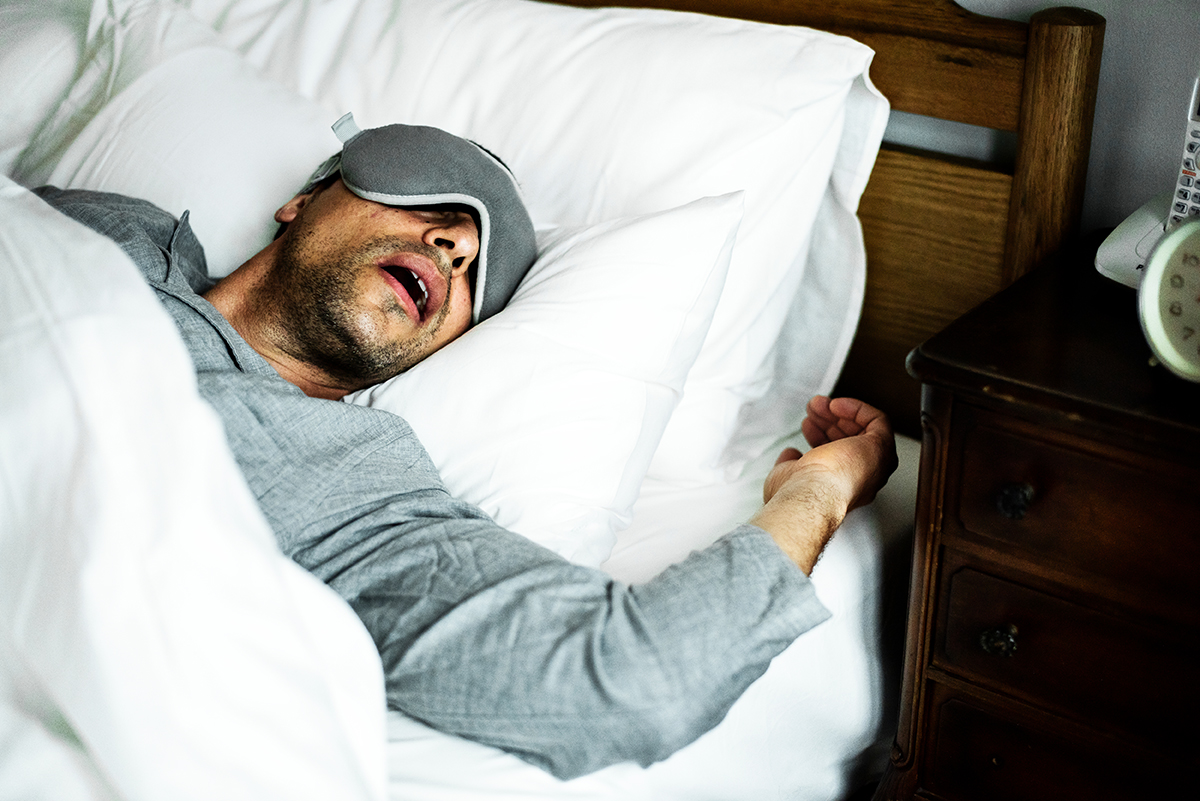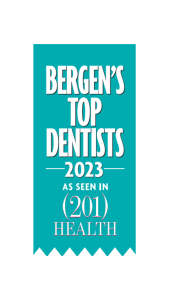The quality of sleep can significantly impact one’s overall health and well-being. There are many sleeping disorders that can affect your dental health and sleep apnea is one of them. This blog will explore the various types of sleep apnea, learn about the causes, and discover methods for prevention and proper treatment.
What is Sleep Apnea?
Sleep apnea is a common health condition where breathing stops and restarts multiple times while sleeping. It is potentially dangerous as less oxygen is processed through the human body, leading to poor quality sleep and sleep deprivation throughout the day. These are the two most common types of sleep apnea to look out for:
- Obstructive Sleep Apnea: The most common type of sleep apnea. Obstructive sleep apnea occurs when the upper airway is blocked repeatedly due to the relaxation of the throat muscles. Obesity, large tonsils, and hormonal changes can worsen the symptoms of obstructive sleep apnea.
- Central Sleep Apnea: A severe form of sleep apnea. Central sleep apnea happens through the lack of brain signals sent for breath control. This occurs when health conditions impact the way your brain regulates the muscles controlling your airway and chest movement.
Symptoms of sleep apnea include excessive snoring, insomnia, sudden awakenings in the middle of the night, headaches, sleep deprivation, and more. If any of these conditions affect your daily life, check with a health professional to receive a diagnosis and proper medication and treatment.
How Is Sleep Apnea Connected to Your Dental Health?
Search for any health disorder on the internet, and you will discover that lack of quality sleep is a common reason behind many health issues. Sleep is vital for every aspect of human well-being and should be taken seriously over the years. Hence, in addition to the direct impact of food and beverage consumption on your teeth, sleep apnea is also significantly linked to oral health. Here are some other health disorders that relate to sleep apnea, leading to severe health problems:
- Gum Disease: Sleep apnea interrupts the normal, healthy sleep cycle, leading to bad breath and the early onset of periodontal disease, also known as gum disease. Lack of sleep from sleep apnea encourages the flourishing of gum bacteria and slows down the recovery process.
- Temporomandibular Joint (TMJ) Disorders: Sleep apnea is heavily associated with temporomandibular joint disorders. The temporomandibular joint (TMJ) connects the lower jaw to the upper jaw, with one located on each side of the face. Due to its location in the jaw, this affects not only pain in the jaw but also pain in the head, neck, and shoulders. TMJ disorders can cause difficulty chewing certain foods and may result in unusual clicking noises during chewing.
- Bruxism: A disorder characterized by constant teeth grinding and jaw clenching. Bruxism is both affected by sleep apnea and can also contribute to its occurrence. Bruxism can occur frequently during sleep, resulting in morning headaches and jaw tension. Experiencing long-term bruxism symptoms can eventually lead to loosen teeth, eroded teeth surfaces, and even cracked or chipped teeth.
- Mouth Breathing: Sleep apnea can cause mouth breathing, leading to a dry oral environment. This dryness can promote the growth of harmful bacteria, increasing the risk of gum diseases, tooth decay, plaque buildup, and other oral health issues.
How to Prevent and Treat Sleep Apnea?
There are many different treatments involved in treating sleep apnea. For milder symptoms, medical professionals recommend lifestyle changes such as losing weight, quitting smoking, and reducing excessive alcohol consumption. Those with sleep apnea caused by nasal disorders and allergies will be prescribed medication. However, those with moderate to severe cases of sleep apnea might have to go through certain medical treatments. The most common therapy device for sleep apnea is the continuous positive airway pressure (CPAP).
This medical device is beneficial for regulating air pressure and opening the upper airway passages. Many people rely on CPAP for comfortable breathing and less snoring, although adjusting the straps and learning to sleep with it takes time and effort. If this treatment proves ineffective, consult your medical professional for alternative devices and treatment options.
Healthy Smile Requires Healthy Sleep
Sleep apnea is a relatively common health condition, with fewer people diagnosed than the actual statistics suggest. However, we must not underestimate the symptoms associated with sleep apnea because of its potential consequences and its correlation with other severe health conditions, many of which are related to dental health. It is crucial to reach out to local physicians for a diagnosis and medical check-up to determine the next steps.
At Chestnut Ridge Dental, we are here to help you with ongoing or potential symptoms of sleep apnea. Call us today at (201) 391-4466 to schedule a consultation with one of our doctors!





